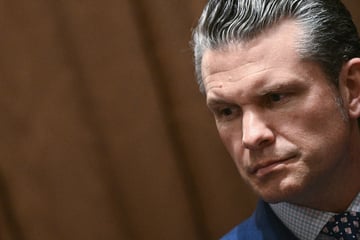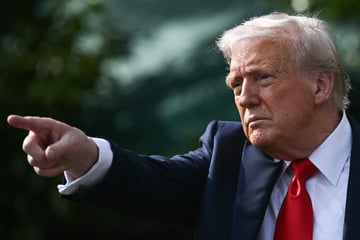UN Permanent Forum on People of African Descent hears powerful testimony for reparations now
New York, New York - The fourth session of the United Nations Permanent Forum on People of African Descent (PFPAD) continued Tuesday with reiterated calls for reparations from governments and institutions responsible for the crimes of enslavement and racial discrimination.
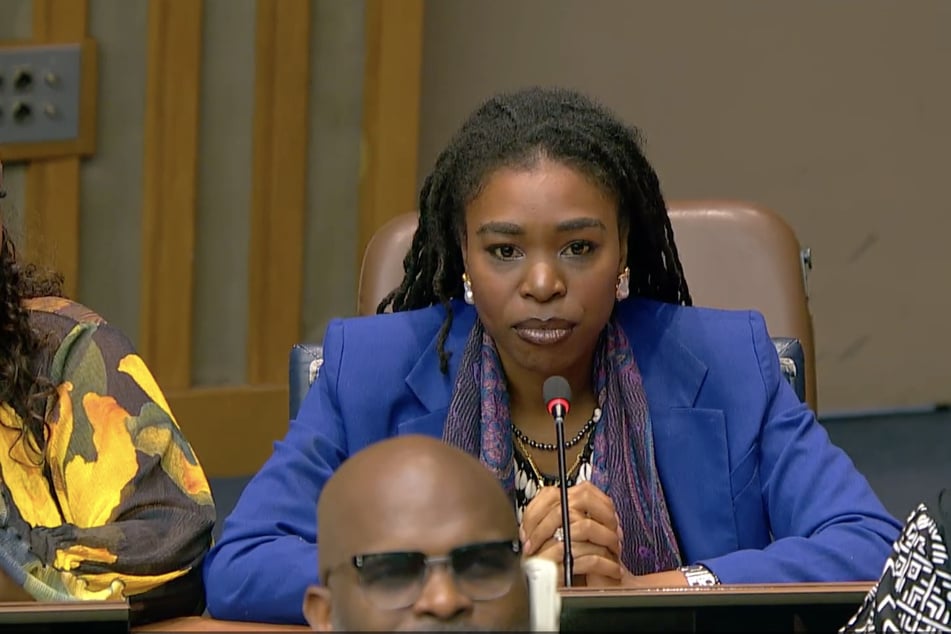
The fourth session of PFPAD has seen reparationists from around the world gather in New York City for dialogues on the path to achieve true, transformational justice.
Tuesday's proceedings opened with a panel discussion and testimony on the theme of reparations for Africa and people of African descent. Speakers hailed from the US, Haiti, Brazil, Costa Rica, South Sudan, and more.
Civil society members highlighted the urgent need for comprehensive measures to undo the myriad harms of enslavement and anti-Black racism. These include the denial of self-determination rights, land theft, economic deprivation, environmental exploitation, mass incarceration, and more.
Several speakers called for commitments to ensure the full implementation of the Durban Declaration and Programme of Action, the UN's blueprint to address racism and racial discrimination. The agenda – adopted in 2001 – acknowledges enslavement as a crime against humanity.
Others laid bare the dire consequences of continued government inaction when it comes to recognizing and respecting the human rights of people of African descent.
"I fear that we are under a slow and consistent genocide, a genocide that can only be healed through repair," said Sister Lilly X of the National Coalition of Blacks for Reparations in America.
Connecting the local and the global
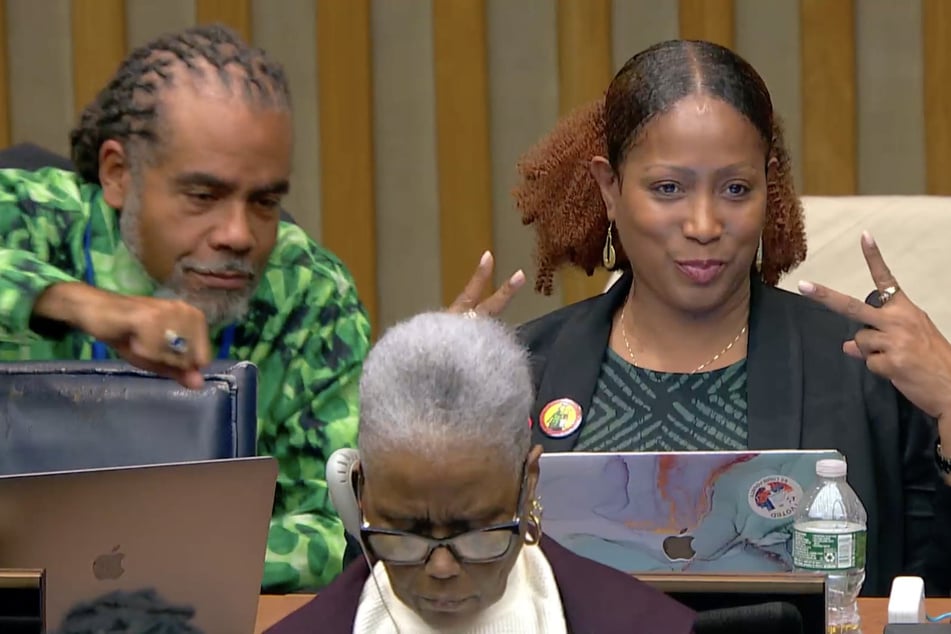
While much of the discussion Tuesday revolved around states' reparations obligations, several civil society representatives emphasized the importance of local initiatives as a path to full repair.
Robin Rue Simmons, chair of the Evanston Reparations Committee and founder of First Repair, noted that the US has seen dozens of cities establish reparations task forces since PFPAD's third session in Geneva last year.
"This is all promising, but alone, it is insufficient redress," the former Evanston alderman said. "Localities do not have the capacity to achieve full repair. We need this global forum to provide tools and use your influence to help synchronize and empower the reparations efforts of global Africa."
The forum also heard testimony from people seeking to hold other institutions accountable for their crimes against African people and their descendants.
Robin Proudie, executive director of Descendants of the St. Louis University Enslaved, Inc., said, "Jesuits and early European colonizers established religious and academic institutions on the backs of enslaved Africans, including my ancestors, who were forced to build and sustain Georgetown and St. Louis University."
"Today, these institutions, as well as Harvard, Yale, Brown, Princeton, and others, hold billions in endowments and land, while descendants in our community still face disinvestment, generational poverty, and systemic disparities in health, education, and wealth."
Proudie called on PFPAD to urge all colleges and universities – "particularly those that pulled themselves up by the bootstraps of African people" – to take concrete steps to address the ongoing impacts of enslavement, including a full accounting of their use of stolen labor.
Moving from words to action
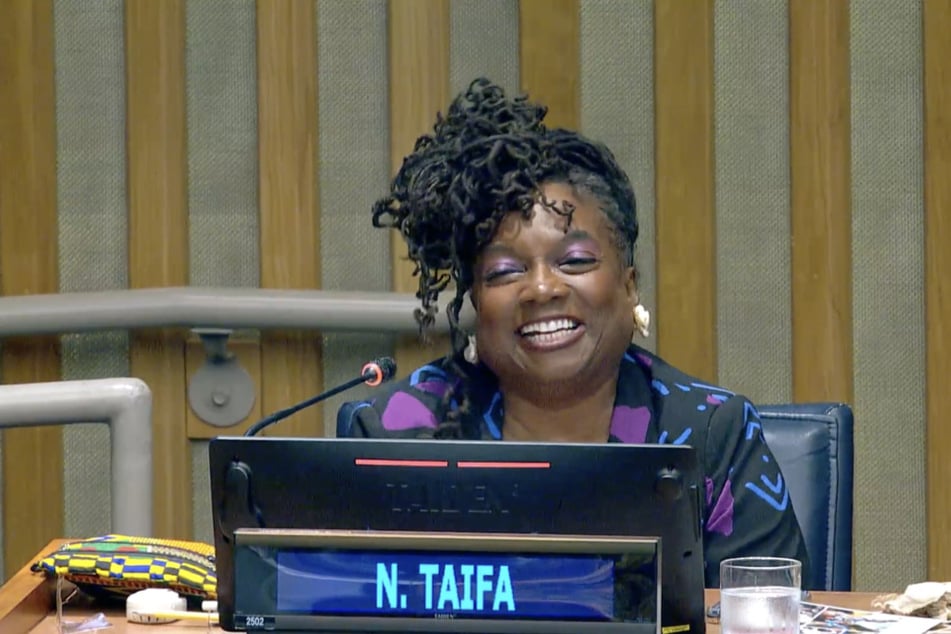
An overarching theme of Tuesday's discussion was the need to move beyond words to tangible action when it comes to reparations.
This is particularly crucial as Western governments continue to obstruct just reparations claims and to perpetuate harms against Black people – even amid rising existential threats posed by the global climate emergency.
Despite the challenges ahead, many speakers expressed hope for change born out of the vast resilience, creativity, and expertise of people of African descent, both on the continent and in the diaspora.
The significance of the present moment was brought home by panelist Nkechi Taifa, founder and director of the Reparation Education Project.
"It is exciting to be engaged in 'history-in-the-making,' a history that is equal parts edgy, exciting, transformational, confrontational, messy, confusing, and joyous," Taifa said.
"Africa and we as part of its global diaspora are beyond rhetoric now and well into action mode. We are not outsiders," she continued.
"We are one people, united by a shared history of resilience and resistance. We are Africa's children – displaced but never disconnected."
"The blood of our ancestors still weep from ocean floors, plantations, auction blocks, lynching trees, and from the streets. They cry not for remembrance alone, but for reparatory justice."
Cover photo: Collage: Screenshots/UN Web TV
